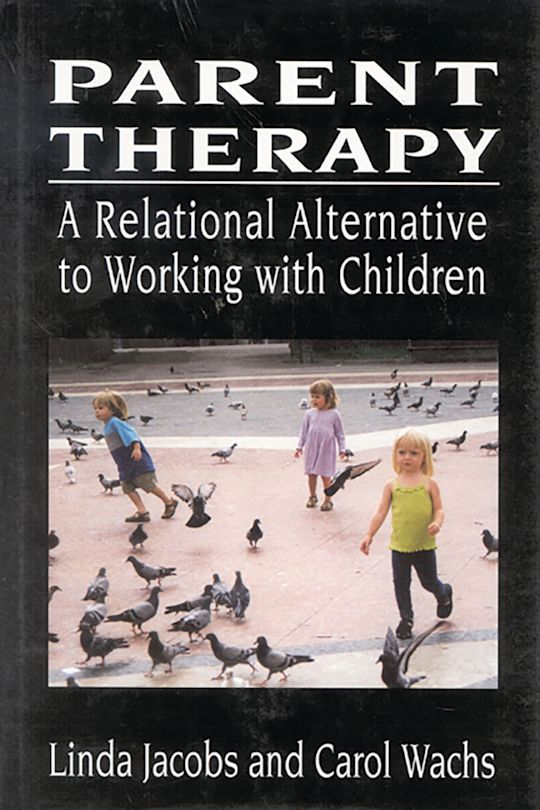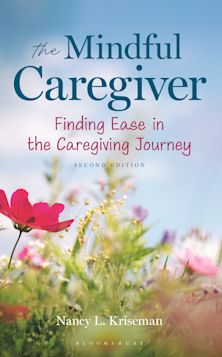- Home
- NON-FICTION
- Health & Lifestyle
- Parenthood & Family
- Parent Therapy
Parent Therapy
The Relational Alternative to Working with Children
Parent Therapy
The Relational Alternative to Working with Children
This product is usually dispatched within 1 week
- Delivery and returns info
-
Free US delivery on orders $35 or over
You must sign in to add this item to your wishlist. Please sign in or create an account
Description
This controversial book proposes that therapists work with parents in therapy rather than with the child. The authors argue that parent therapy is not only a useful alternative to individual child treatment, but is also more effective in helping the child. Parent therapy rests on a relational understanding of development. The point of entry for the treatment process is the parent-child relationship and is developed through maternal and paternal histories and projections. Parent therapy focuses on the parents' understanding of themselves, their relationship with each other and with their child. Therapeutic work with parents allows them to develop new insights into themselves and their child, preserve their autonomy and self-esteem, and effect permanent change.
The therapist functions as a consultant to the parents similar to the way a supervisor functions as a consultant to a therapist. Just as therapists learn about their patients in working with a supervisor, parents learn to become more introspective, thoughtful, and knowledgeable about their own child. It would injure the patient-therapist relationship for the supervisor to work directly with the patient. In the same way, the child is better served when the parents learn how to handle conflict and development themselves rather than having a therapist intervene with the parent-child relationship. Parent therapy addresses the parents' unconscious conflicts in an atmosphere of collaboration with the therapist and has a life-long effect.
Product details
| Published | Jul 31 2002 |
|---|---|
| Format | Hardback |
| Edition | 1st |
| Extent | 242 |
| ISBN | 9780765703590 |
| Imprint | Jason Aronson, Inc. |
| Dimensions | 9 x 6 inches |
| Publisher | Bloomsbury Publishing |
About the contributors
Reviews
-
Parent Therapy is decidedly a contribution to the body of work that expands the options of providing psychotherapy to children.
PsycCRITIQUES
-
Jacobs and Wachs propose an innovative approach to the problems of children and their families; child therapists should concentrate on work with parents, rather than reflexively relying on direct contact with children themselves. The book is full of useful and problem-focused, clinical vignettes. Both beginners and experienced clinicians will find themselves challenged and refreshed.
Stephen Seligman, D.M.H.
-
By keeping a steady eye on the complex relational matrices in which children are embedded, by maintaining clinical interest in the subjectivity and intersubjectivity of parents and children, Jacobs and Wachs propose new modes of intervention for children and families in crisis.
Adrienne Harris Ph.D., New York University
-
This volume is a groundbreaking addition to the treatment of children. The authors expand a relational model to explore the psychodynamics arising in the therapeutic process between children, parents, and therapists. The clinical examples are compelling in illustrating new principles of treatment. This book provides a valuable, innovative approach to working with children.
Jeffrey Seinfeld, Ph.D.



































